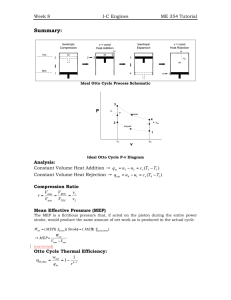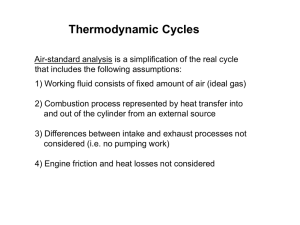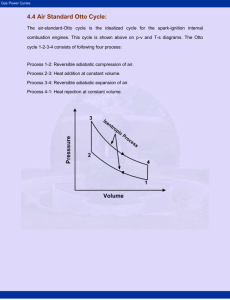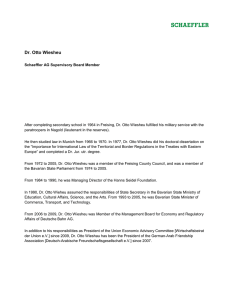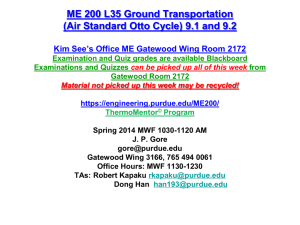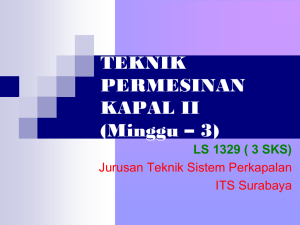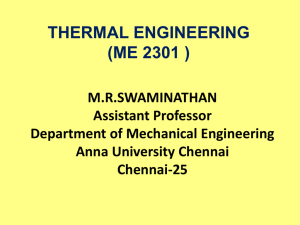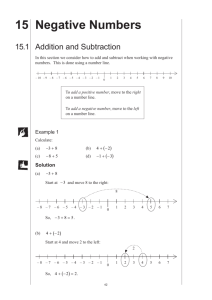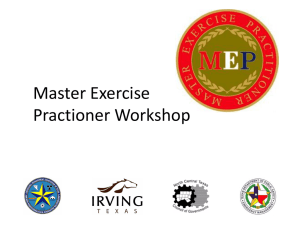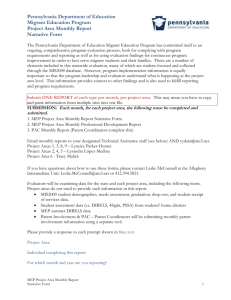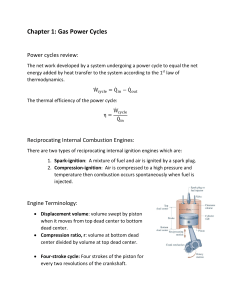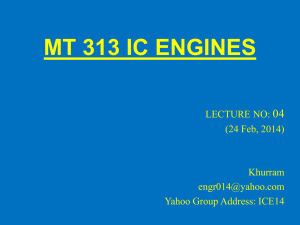Consider a rigid tank with a movable piston
advertisement
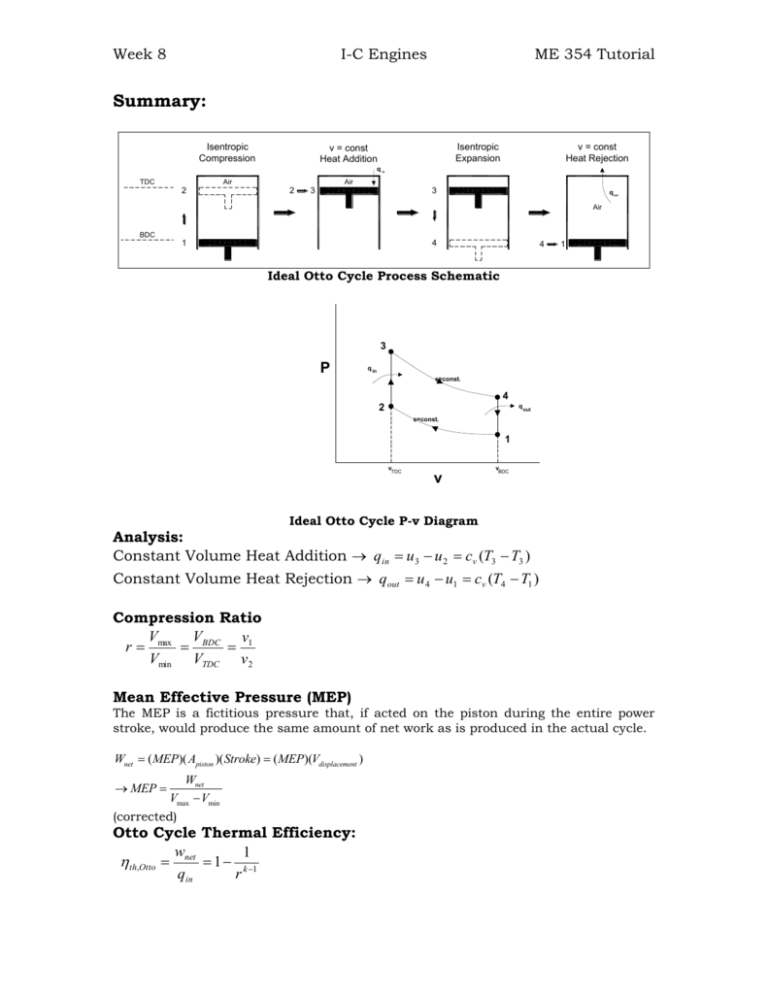
Week 8 I-C Engines ME 354 Tutorial Summary: Isentropic Compression v = const Heat Addition Air Air Isentropic Expansion v = const Heat Rejection q in TDC 2 2 3 3 q out Air BDC 4 1 4 1 Ideal Otto Cycle Process Schematic 3 P q in s=const. 4 2 q out s=const. 1 vTDC v vBDC Ideal Otto Cycle P-v Diagram Analysis: Constant Volume Heat Addition qin u3 u 2 cv (T3 T3 ) Constant Volume Heat Rejection qout u 4 u1 cv (T4 T1 ) Compression Ratio V V v r max BDC 1 Vmin VTDC v2 Mean Effective Pressure (MEP) The MEP is a fictitious pressure that, if acted on the piston during the entire power stroke, would produce the same amount of net work as is produced in the actual cycle. Wnet ( MEP)( Apiston )( Stroke) ( MEP)(Vdisplacement ) Wnet Vmax Vmin (corrected) MEP Otto Cycle Thermal Efficiency: w 1 th,Otto net 1 k 1 qin r Week 8 I-C Engines ME 354 Tutorial Air-Standard Assumptions: 1) The working fluid is air, which continuously circulates in a closed loop and always behaves as an ideal gas. 2) All the processes that make up the cycle are internally reversible. 3) The combustion process is replaced by a heat-addition process from an external source. 4) The exhaust process is replaced by a heat rejection process that restores the working fluid to its initial state Also, it is common to assume air has constant specific heat whose values are determined at room temperature. Assumptions 1 – 4 combined with this assumption are called Cold-Air-Standard Assumptions. Question: The compression ratio in an air-standard Otto cycle is 10. At the beginning of the compression stroke the pressure is 0.1 MPa and the temperature is 15C. The heat transfer to the air per cycle is 1800 kJ/kg. Determine: a) The pressure and temperature at the end of each process of the cycle. b) The net work output. c) The thermal efficiency. d) The mean effective pressure. e) The irreversibility if this cycle was executed with a heat source temperature of 3500 K and a heat sink temperature of 250 K
